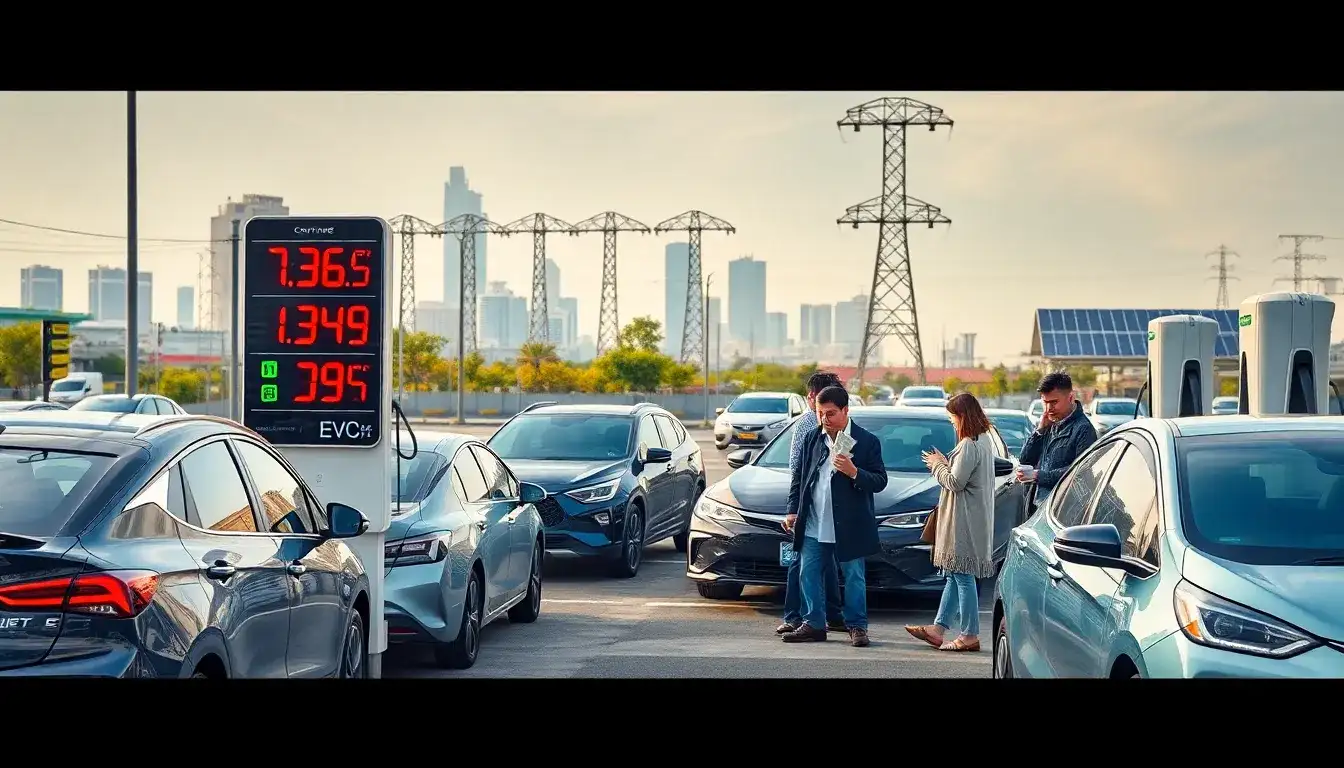
The Xiyuan Electric Vehicle Market has recently introduced the “Dual-Purpose Electric Vehicle” service cost under the “Electric Vehicle Guest” program, aiming to enhance the convenience for users. As of May 2024, the city has registered approximately 376,000 electric vehicles, which translates to one vehicle for every three residents. This marks a significant step towards sustainable urban mobility.
From April 6th to April 7th, a series of inspections revealed that many locations in the city, particularly those close to electric vehicle charging stations, raised concerns about the service charges associated with electric vehicle charging. Despite the implementation of a fee-discount model known as “price separation,” issues related to the collection of service fees and the adequacy of power supply facilities remain prevalent. Some charging stations have placed service fees under scrutiny, leading to complaints about high costs and inadequate service levels.
Starting January 1, 2025, the service charges for electric vehicles will shift to a “guest charging” model. By then, the charging price in residential areas is projected to stabilize at approximately 0.5109 yuan/kWh, following a “price separation” model. This model aims to clarify the charging costs based on service fees, allowing users to better understand their expenses.
On April 6, during inspections, several locations were found to have service fees that exceeded expectations, prompting discussions about the need for adjustments. Residents expressed concerns about the increasing costs associated with electric vehicle charging, particularly during peak hours where prices can rise significantly.
According to a resident, “Using an electric vehicle for my daily commute is becoming increasingly expensive. On average, I spend around 100 yuan monthly on charging, which is quite different from what I used to pay.” The high service fees have sparked debates about the sustainability of electric vehicle use in the city, especially among lower-income households.
During site visits, it was observed that some charging stations lack adequate safety measures, raising concerns about their reliability and operational efficiency. The ongoing implementation of the “price separation” model has led to fears of potential hazards due to insufficient regulatory oversight.
As the Xiyuan Electric Vehicle Market develops, the issue of service charges remains a contentious topic. Residents are calling for greater transparency and regulation to ensure fair pricing and adequate service quality. Plans for further expansion of the electric vehicle infrastructure are underway, with an emphasis on improving the network of charging stations to meet the growing demand.
In conclusion, the Xiyuan Electric Vehicle Market is at a crucial juncture as it navigates the challenges of service costs and infrastructure development. The city’s government is expected to enhance regulatory measures to ensure that electric vehicle users can enjoy affordable and reliable charging services as adoption rates continue to rise.







